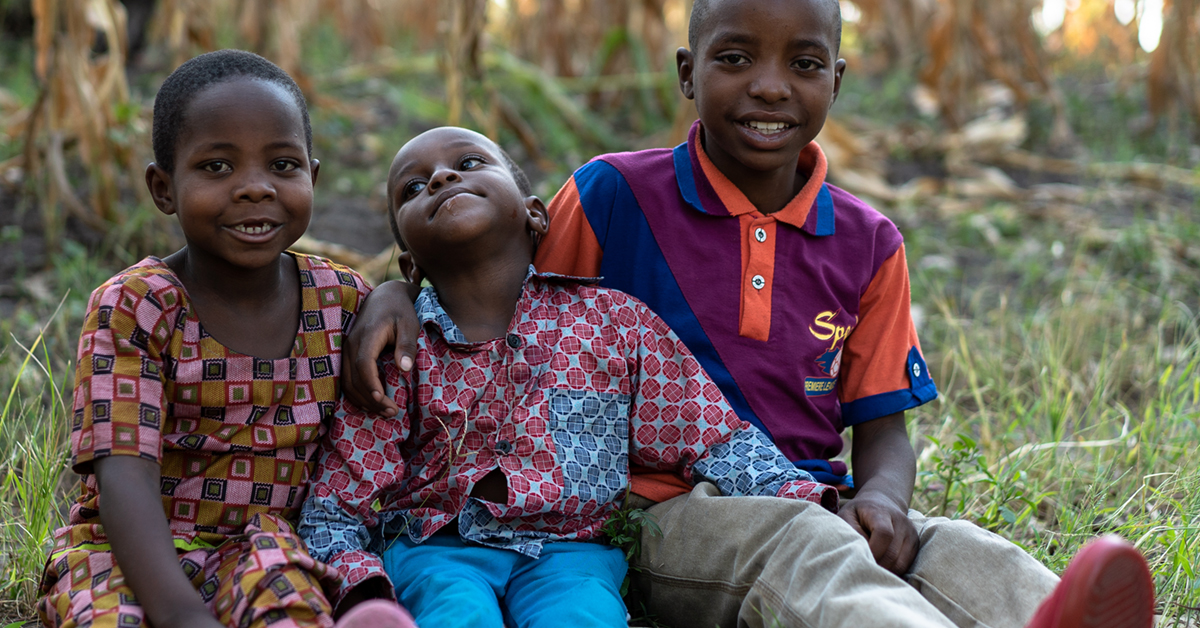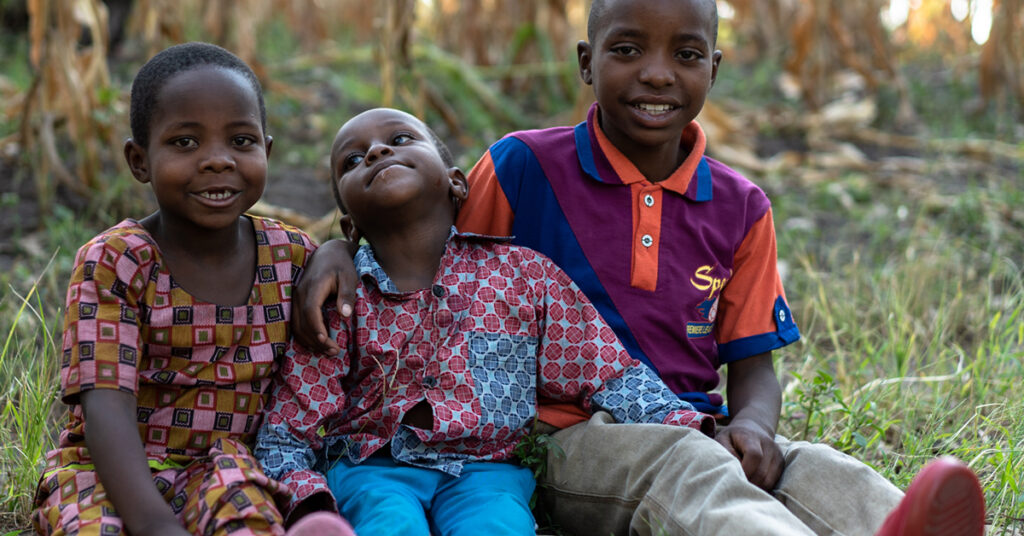
On International Day of Persons With Disabilities 2020, the UN is calling on governments to build an inclusive and accessible world for all as we emerge from the pandemic. It’s vital that children, confined to orphanages because they are living with disabilities, are not forgotten. By supporting families, we can reunite these children with the people who love them and this is the focus of our Christmas appeal this year.

When Carrol was three years old, his parents made the heartbreaking decision to leave him in an orphanage for children with disabilities, far from their home in Rwanda. Carrol has cerebral palsy and, without extra support, his family could find no other way to care for him. Carrol spent two years there alone, deprived of the individual love and care he so desperately needs for his safety, his well-being and his development.
This Christmas though, Carrol is safely back at home with his family, where every child belongs. By giving his parents tailored support to meet his additional needs, we were able to reunite Carrol with his mum and dad, his brother and his twin sister. Now he has the love and encouragement he needs to thrive.
“When Carrol was three years old, his parents made the heart-breaking decision to leave him in an orphanage for children with disabilities… This Christmas though, Carrol is safely back at home with his family, where every child belongs.”
Sadly, there are still more than five million children warehoused in orphanages worldwide who will spend this Christmas without love, hope or the protection of a family. Many of these children have been separated from their loved ones and confined to institutions because they are living with disabilities. And the impact of the global pandemic has only increased the risks they face.
Rising poverty levels mean increasing numbers of children with disabilities are in danger of being separated from their families and confined to orphanages today. At the same time, staff shortages as a result of the Coronavirus put children already living in institutions at even greater risk of neglect and abuse.
“It’s more vital now than ever that we continue to hold the UK government to its 2018 Global Disability Summit commitment to ensure ‘all children realise their right to family care.’”
“These are some of the most marginalised children in the world”, explains Hope and Homes for Children’s CEO, Mark Waddington CBE. “By supporting families, not orphanages, we can reunite children who live with the effects of disabilities with those people who will protect and care for them best, the people who love them.”
“It’s more vital now than ever that we continue to hold the UK government to its 2018 Global Disability Summit commitment to ensure ‘all children realise their right to family care.’ No child should be punished for who they are, and imprisoned in an orphanage, isolated from their family and community. As we work through the impact of the global pandemic, building back better means that no child should be left behind, not a single one.”
Together we can strengthen families to stop children with disabilities being condemned to a childhood in an orphanage.


